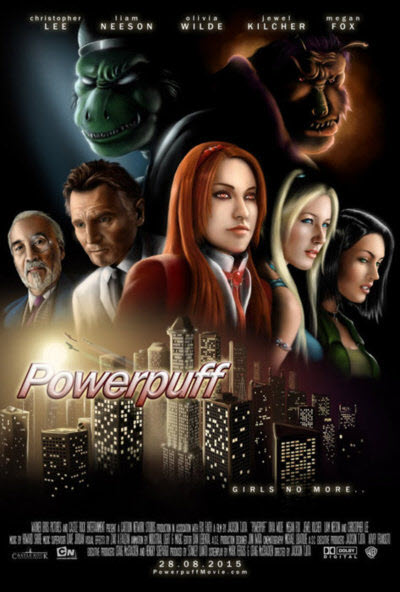This blog took part in the Pottermore speculation. It was fun.
When the news was finally announced it felt, at first blush, a bit of an anti-climax. JK would let Harry Potter eBooks be sold from the site. She had some extra Potter mythos to share with the world. We might be able to do some sort of online reading night together.
Was that it? Where was the RPG that some hoped for? Or the treasure hunt? This blogger is well experienced with eBooks, they’re not new, they’ve just come on a lot since the early days of RPGNow to the point where I’m happy to use my Kindle app on my Android phone to read entire novels.
That’s why it’s worth digging in a little deeper into Pottermore.com. First off; this isn’t good news for Amazon and the Kindle. It’s not just that Amazon isn’t getting to sell these Harry Potter eBooks. It’s that the Harry Potter eBooks will be sold in the EPUB format. The Kindle doesn’t even support that.
Amazon now has a choice; it can either have a Kindle that’s not compatible with the Harry Potter eBooks or it get can let a single franchise force it to support a format it wanted to ignore. B&N’s Nook department will be hoping that Amazon pick the former rather than the latter.
Secondly, Sony have done amazingly well out of this deal. I speculated as to whether Pottermore.com is the world’s most expensive piece of branded content ever. Sony are all over the site; they even have a top nav strap – no wonder all the Sony (including Sony Ericsson) Facebook accounts pretty much broadcast the same “good news” wall update as Pottermore was unveiled.
This Sony Pottermore page highlights some of the steps forwards the partnership will be taking. We’re taking about digital audiobooks, and games and an interactive story-telling experience.
A fully interactive story-telling experience might be out of Sony’s eBook reader’s capability but it’s certainly something the electronic giant’s forthcoming Android tablets s1 and s2 would be able to impress with.
If Pottermore does set the bar very high with eBooks, perhaps offering animations, mini-films or interviews with actors (or JK herself) then that’s another challenge for the Kindle (and Nook, too, etc).
Pottermore.com’s eBooks aren’t being published by either Bloomsbury (UK publisher) or Scholastic (JK’s US publisher) but by the imprint Pottermore Publishing. This means Pottermore can set the prices at whatever they like, do sales whenever they like, sell bundles or even parts of books if they want.
If we combine attractive prices, a popular franchise with the fact that loads of people got eBook readers for a gift last year (and a tablet this year? Perhaps) then the demand for Pottermore books could be very high indeed. This will get a large number of people more familiar with eBooks. This can only help industries like the indie RPG circuit that already have loads of experience with the electronic formats.
